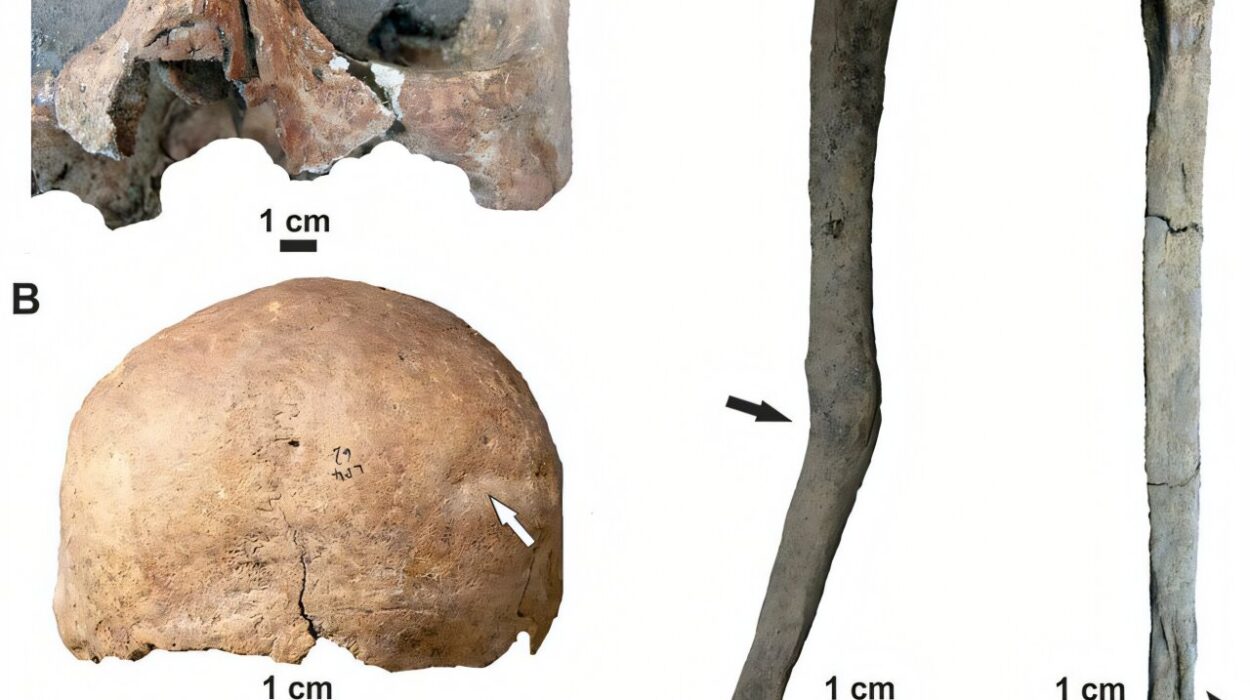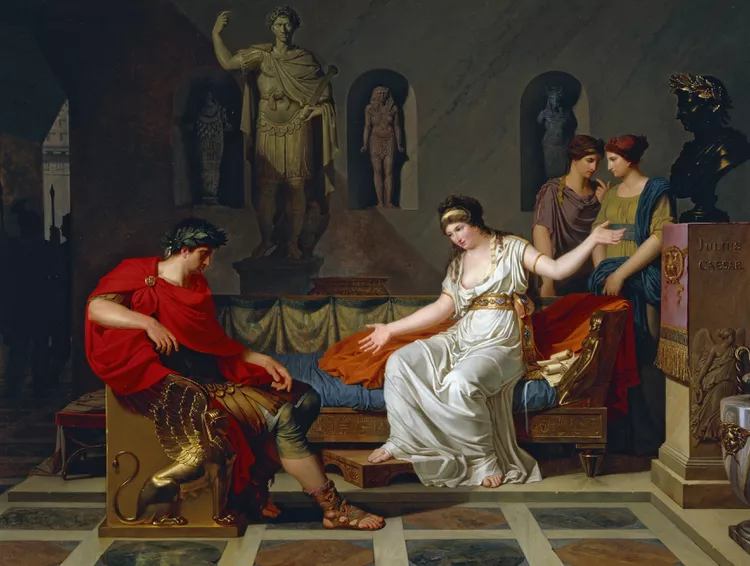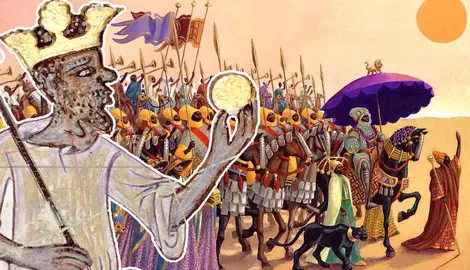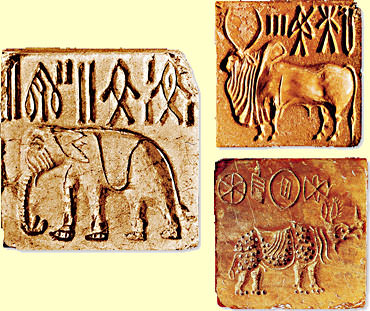More than two thousand years ago, in a land where rivers shaped civilizations and dynasties rose and fell like the turning of seasons, a man walked the villages and courts of China with a vision. His name was Confucius—known in Chinese as Kong Fuzi, or “Master Kong.” Though he never considered himself a prophet or a divine figure, his words and teachings would echo across centuries, shaping not only Chinese thought but also the moral, political, and cultural frameworks of much of East Asia.
Confucius lived in an age of chaos and fragmentation, during the Spring and Autumn period (770–476 BCE). States were warring for dominance, rulers were corrupt, and traditions were under threat. Yet amid this turbulence, he sought not war or conquest but order, harmony, and human dignity. He believed that society could flourish only if individuals cultivated virtue, respect, and responsibility. From these ideas grew Confucianism, not a religion in the strictest sense but a philosophy, a guide for living, and a moral compass that would endure for millennia.
Ancient Chinese philosophy was not merely speculation or abstract thought—it was deeply practical, rooted in questions of governance, morality, family, and how to live a good life. Alongside Confucianism emerged Daoism, Legalism, and later Buddhism, each offering different answers to the challenges of human existence. Yet it was Confucius who became the most enduring voice, a sage whose vision of virtue, education, and order still resonates today.
The Life of Confucius: A Journey Through Turmoil
Confucius was born in 551 BCE in the state of Lu, in present-day Shandong province. His family was of noble descent but had fallen into poverty. From an early age, he displayed a passion for learning, immersing himself in history, poetry, music, and rituals. Though orphaned young, he cultivated resilience, carrying within him a lifelong conviction that education and moral cultivation could elevate individuals and society alike.
He began his career as a teacher, gathering disciples who were drawn not only to his knowledge but also to his vision of a just and harmonious society. Later, he served in government positions, striving to apply his principles to governance. He believed rulers should govern not through fear or punishment but through virtue and moral example. Yet his political reforms often clashed with entrenched power and corruption, forcing him into periods of exile.
Despite these setbacks, Confucius never abandoned his mission. He traveled from state to state, seeking rulers who might embrace his vision. Though he died without seeing his political dreams fulfilled, his disciples preserved his teachings, which were eventually compiled into the Analects. Over time, his ideas gained influence, becoming the bedrock of Chinese civilization and spreading across East Asia to Korea, Japan, and Vietnam.
The Heart of Confucian Thought
At its essence, Confucianism is a philosophy of human relationships. It is less concerned with metaphysical speculation about the afterlife or the cosmos and more focused on how people can live ethically, harmoniously, and meaningfully in this world. Confucius asked: How should we treat one another? What makes a good ruler? What makes a good person?
His answers were built around a few key principles.
One central idea is Ren (仁), often translated as “benevolence,” “humaneness,” or “compassion.” It is the highest virtue in Confucian thought, the quality of empathy and kindness that makes us truly human. For Confucius, a person of Ren is one who considers others, acts with integrity, and seeks to create harmony.
Another pillar is Li (礼), meaning “ritual,” “propriety,” or “order.” Li encompasses not only religious or ceremonial rituals but also everyday manners, etiquette, and social roles. To live according to Li is to respect tradition, fulfill one’s duties, and maintain the fabric of society. It is through Li that harmony and respect are cultivated.
Confucius also emphasized Xiao (孝), or filial piety—the duty of children to honor and care for their parents and ancestors. To him, the family was the foundation of society, and respect within the family would extend outward to create stability in the state.
Underlying all these principles is the belief that morality begins with the individual but extends to the larger community. A virtuous person contributes to a virtuous society, and a virtuous ruler inspires a just state.
Confucius and the Gentleman Ideal
Confucius often spoke of the Junzi (君子), or “gentleman,” not in terms of birth or social class, but as an ideal of moral character. A Junzi is someone who cultivates virtue, leads by example, and seeks harmony over selfish gain. This stood in contrast to the Xiaoren (小人), or “small person,” who is motivated by greed and ambition rather than moral principle.
This idea of the Junzi was revolutionary. It suggested that nobility was not inherited but earned through learning, discipline, and moral conduct. In this way, Confucius democratized virtue, making it accessible to anyone who aspired to cultivate it. For generations, this ideal shaped education, governance, and even family life in China and beyond.
Education as a Path to Transformation
Confucius was one of the earliest and most passionate advocates of education for all. At a time when learning was reserved for the elite, he opened his school to anyone willing to study, regardless of social class. To him, education was not about rote memorization but about moral cultivation, critical thinking, and the pursuit of wisdom.
He taught that learning was a lifelong journey, not merely a means to wealth or power. “Is it not a pleasure,” he said in the Analects, “to learn and to practice what has been learned?” Through study, reflection, and self-cultivation, a person could become a Junzi and contribute to the greater good.
This emphasis on education became one of Confucianism’s most lasting legacies. For centuries, Chinese society was organized around civil service examinations that tested knowledge of Confucian texts. Scholars, rather than warriors or aristocrats, came to occupy positions of authority, creating a culture where learning was a path to influence and respect.
The Political Vision of Confucius
Though Confucius never achieved lasting political power, his philosophy was deeply political in its implications. He believed that the stability of a state depended not on laws or punishments but on the moral character of its rulers. A ruler who governed with virtue would inspire loyalty and harmony, while one who ruled with cruelty would breed resentment and chaos.
He advocated for governance by example: “If the ruler is upright, all will go well without orders; but if he himself is not upright, even though he gives orders, they will not be obeyed.” In this vision, politics was not merely about control but about moral leadership.
This political philosophy contrasted sharply with Legalism, another major school of ancient Chinese thought, which argued that strict laws and harsh punishments were necessary to maintain order. While Legalism gained prominence in the Qin dynasty, it was Confucian ideals of benevolent governance that ultimately shaped the long-lasting political culture of later dynasties.
Confucianism in Dialogue with Other Philosophies
Ancient Chinese philosophy was not monolithic. It was a vibrant tapestry of ideas, with Confucianism existing alongside Daoism, Legalism, Mohism, and later Buddhism. Each of these schools offered different answers to life’s great questions.
Daoism, associated with Laozi and the Dao De Jing, emphasized living in harmony with the Dao—the natural way of the universe. Where Confucius emphasized order and ritual, Daoism celebrated spontaneity, simplicity, and non-interference. The two traditions often appeared in tension, but many later thinkers sought to integrate their insights, seeing them as complementary paths.
Legalism, by contrast, was pragmatic and authoritarian. It argued that human beings were inherently selfish and that only strict laws and punishments could maintain order. While Confucius trusted in the power of virtue, Legalists trusted in the power of law.
Mohism, founded by Mozi, promoted universal love and meritocracy, challenging Confucian emphasis on hierarchy and ritual. Though it declined over time, Mohism contributed to the rich intellectual diversity of ancient China.
Buddhism arrived later, during the Han dynasty, bringing new ideas about suffering, impermanence, and salvation. Over centuries, it mingled with Confucianism and Daoism, creating a uniquely Chinese blend of thought.
In this way, Confucius was not a solitary figure but part of a broader philosophical conversation, one that shaped not only China but also human thought globally.
The Legacy of Confucius
Confucius may have died in 479 BCE, disheartened that his reforms had not taken root, but history would prove otherwise. His disciples continued to spread his teachings, which were eventually embraced by rulers as the foundation of state ideology. By the Han dynasty (206 BCE–220 CE), Confucianism had become central to Chinese education, politics, and culture.
For more than two millennia, Confucian texts formed the core curriculum of the imperial examination system, ensuring that scholars and officials were steeped in his philosophy. Temples were built in his honor, and he was revered as a cultural sage, his image enshrined not only in China but across Korea, Japan, and Vietnam.
Even during times when Confucianism was criticized or suppressed—such as during the fall of dynasties or in modern revolutions—its influence endured. Today, Confucius remains a symbol of wisdom, morality, and cultural identity. Institutes bearing his name promote Chinese language and culture around the world, and his sayings continue to inspire reflection on virtue, responsibility, and harmony.
Confucianism in the Modern World
What relevance does Confucius have in a world of globalization, technology, and political complexity? Surprisingly, his philosophy speaks with remarkable freshness.
In an age where individualism often overshadows community, Confucius reminds us of the importance of relationships, responsibility, and respect. In a world where leaders sometimes wield power through fear or manipulation, his vision of governance by virtue remains a powerful ideal. In societies fractured by conflict, his emphasis on harmony offers a path toward reconciliation.
Yet Confucianism is not without its critics. Some argue that its emphasis on hierarchy and obedience reinforced patriarchal and authoritarian structures. Others see it as too conservative, stifling individual freedom and innovation. These critiques highlight the need to reinterpret Confucius for a modern context—holding onto his timeless insights while adapting them to contemporary values of equality and human rights.
The Human Dimension of Confucius
Beyond politics, philosophy, or history, Confucius speaks to something deeply human. He was not a prophet claiming divine authority, but a teacher seeking wisdom in the lived experience of humanity. His voice is calm, measured, and practical, urging us to cultivate compassion, discipline, and respect.
His philosophy is not about perfection but about effort—the effort to learn, to grow, to be better each day. “The man who moves a mountain,” he once said, “begins by carrying away small stones.” This humble wisdom resonates across cultures and centuries, reminding us that greatness begins with small acts of integrity and kindness.
Conclusion: The Eternal Teacher
Confucius was, above all, a teacher. He did not seek power for himself, nor did he promise salvation in another world. Instead, he offered guidance for how to live well in this one: with kindness, with respect, with dedication to learning, and with a sense of duty to others.
Ancient Chinese philosophy, in all its richness, was a dialogue about life’s deepest questions. Within that dialogue, Confucius remains a central figure—not because he had all the answers, but because he showed us how to ask the right questions.
Today, his voice endures not only in the Analects but in the countless lives shaped by his vision. To study Confucius is to reflect on what it means to be human, to lead with virtue, to honor our families, and to contribute to the harmony of our communities. His philosophy is not a relic of the past but a living guide, reminding us that wisdom lies not in conquering others but in cultivating ourselves.
Confucius once said, “To see what is right and not do it is the want of courage.” In those words, we find not only the spirit of a sage but a timeless challenge—to live with courage, compassion, and integrity, in a world that still longs for harmony.






